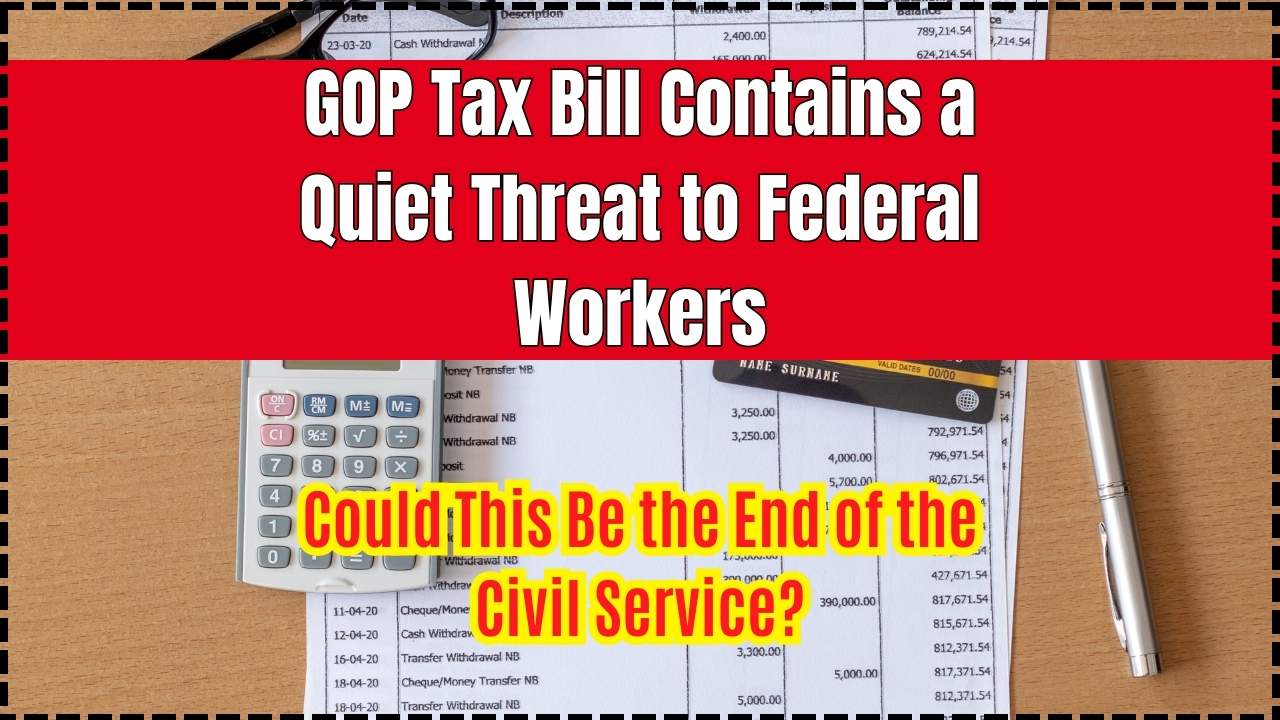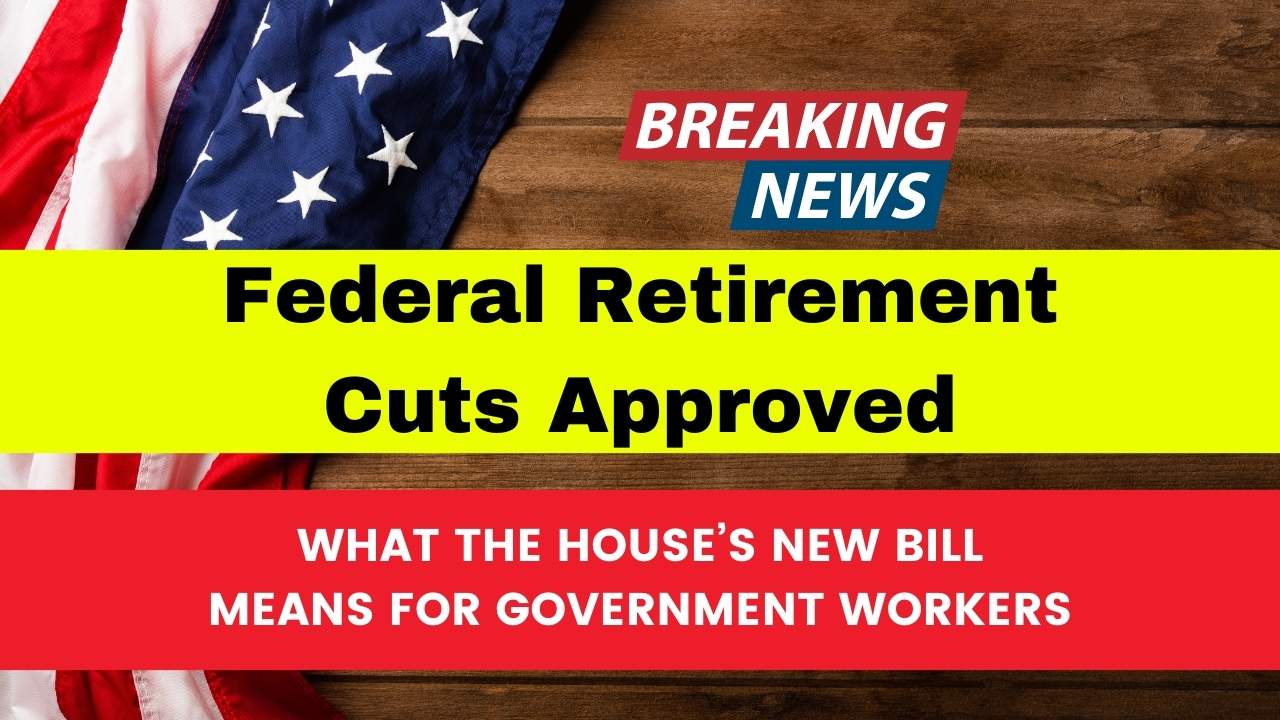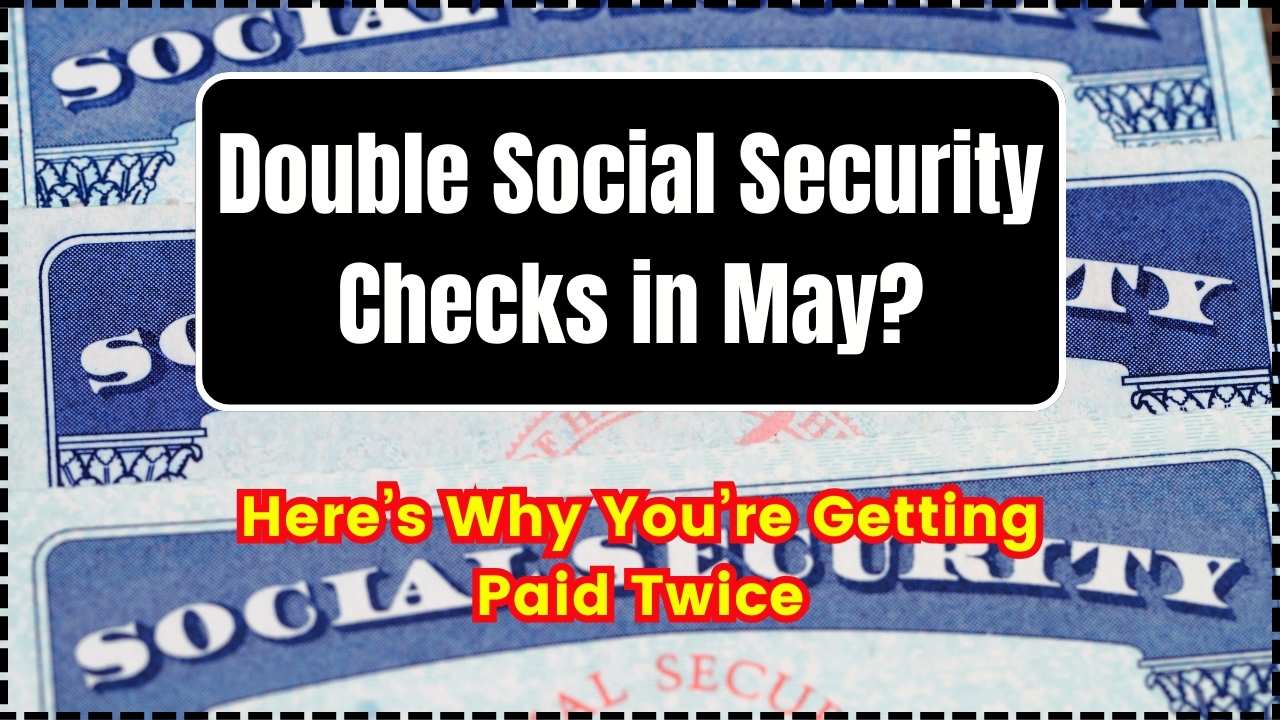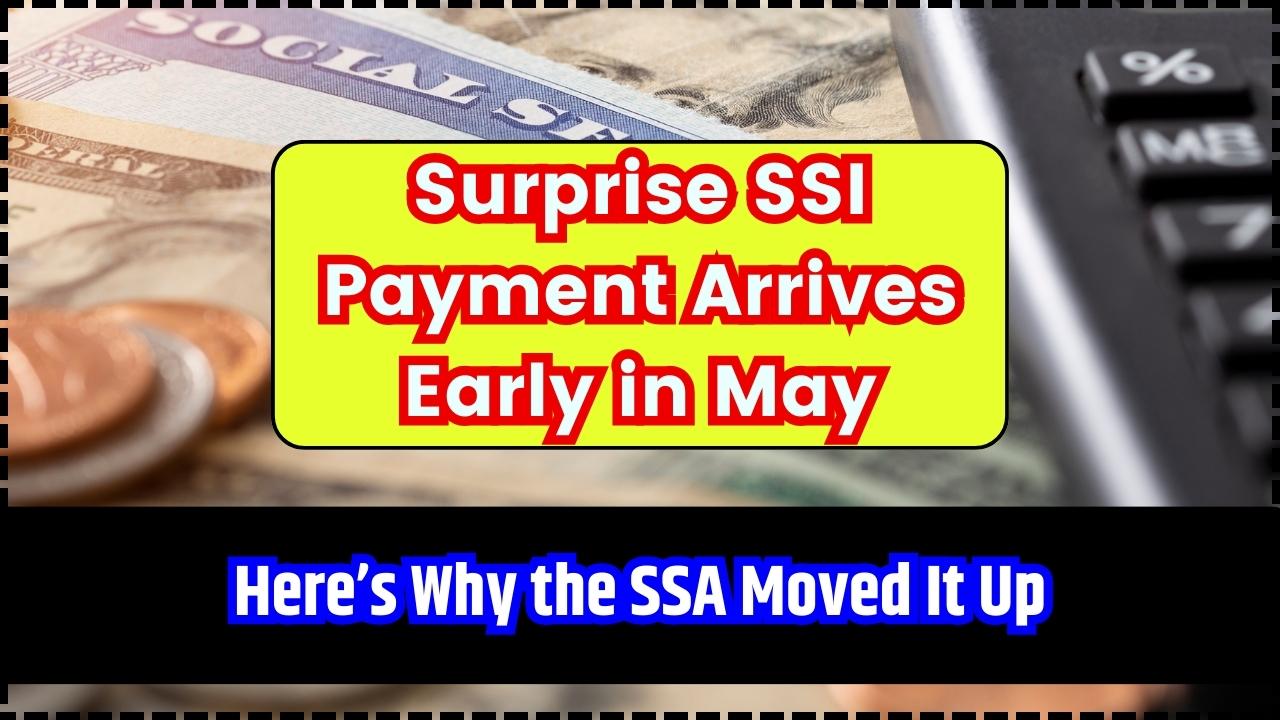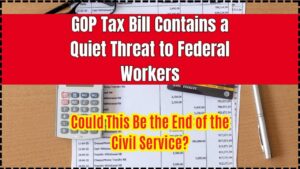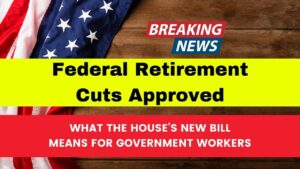£299 DWP Payment Delayed: If you’re waiting on that £299 DWP Cost of Living Payment and it hasn’t landed in your bank yet, you’re definitely not alone. This payment was a vital financial boost aimed at helping millions cope with rising living costs. But delays and confusion have left many scratching their heads. In this guide, we’ll break down everything — eligibility, reasons for delays, how to get help, and what support looks like moving forward — all in plain English and with practical tips so you don’t miss out.
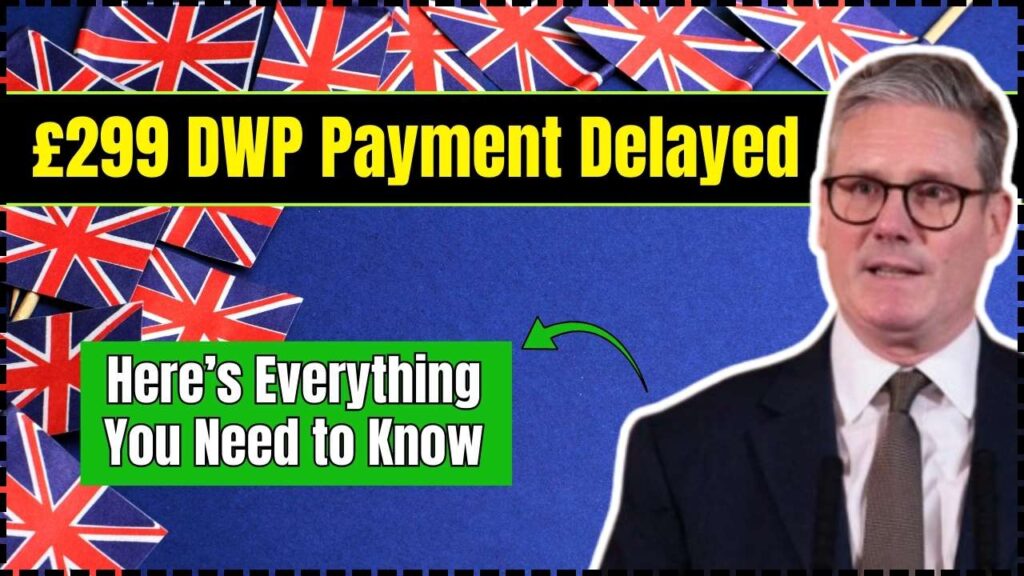
£299 DWP Payment Delayed
| Topic | Details |
|---|---|
| Payment Amount | £299 |
| Eligible Benefits | Universal Credit, Income Support, JSA, ESA, Pension Credit, Child & Working Tax Credits |
| Payment Window | Most payments made between 6 Feb – 22 Feb 2024 |
| Delayed Payment Issues | Processing backlogs, eligibility checks, banking info errors |
| Action if Payment Missing | Report missing payment via GOV.UK form or DWP helpline |
| Scam Warning | DWP never asks for bank details via phone/email/text; beware of fraudsters |
| No More Payments in 2025 | Government replaced Cost of Living Payments with Household Support Fund (HSF) |
| Official Resource | gov.uk Cost of Living Payment |
The £299 DWP Cost of Living Payment was a crucial support for millions amid rising prices, but delays have caused confusion and worry. If your payment hasn’t arrived yet, double-check your bank details and report the issue officially. Stay vigilant against scams, keep your info updated, and look into local support through the Household Support Fund in 2025. Staying informed and proactive is the best way to protect your finances in uncertain times.
What’s the Story Behind the £299 Cost of Living Payment?
The UK government introduced a series of Cost of Living Payments starting in 2022 as inflation pushed up bills for gas, groceries, and essentials. The £299 payment in early 2024 was the third installment, designed to provide extra cash to millions on benefits, helping cover winter heating costs and everyday expenses.
Over 8 million people were eligible, making it one of the largest direct financial supports of its kind in recent UK history. It’s part of a wider effort to soften the blow of rising prices hitting working-class and pensioner households hardest.
Who Exactly Was Eligible?
If you were getting any of these benefits for at least one day between November 13 and December 12, 2023, you qualified:
- Universal Credit
- Income Support
- Income-based Jobseeker’s Allowance (JSA)
- Income-related Employment and Support Allowance (ESA)
- Pension Credit
- Child Tax Credit
- Working Tax Credit
Even if your payment was reduced to zero during this period (called a “nil award”), you might still qualify if deductions were made for rent, council tax, or debts — or if you were receiving a hardship payment.
When Was the Money Paid?
For most recipients, the £299 hit their accounts between February 6 and February 22, 2024. Those on only Child or Working Tax Credits saw payments between February 16 and 22. The government wanted to get this cash out quickly, but with millions to pay, some delays were inevitable.
Why Are Some Payments Delayed or Missing?
There’s a bunch of reasons why some folks haven’t received their payment yet:
- Processing Backlogs: The Department for Work and Pensions (DWP) handles millions of claims, and complex eligibility checks or verification can slow things down.
- Bank Info Errors: If your bank details on file are outdated or incorrect, payments might bounce or be delayed.
- System Glitches: Like any big system, technical issues can cause hiccups in payments.
- Eligibility Confusion: Sometimes the system flags conflicting data or zero awards for a closer look, which can hold up payment.
- Address or Contact Changes: If you moved or changed contact info without updating DWP, communication delays can happen.
Real People, Real Impact
For families like the Johnsons in Leeds, the £299 payment covered a chunk of their winter heating bill. “That money took a big load off,” says Mrs. Johnson. “We used it to pay for gas and some groceries — every penny counts when prices are sky high.”
Statistics back this up. According to the Office for National Statistics (ONS), over 40% of low-income households reported struggling to pay energy bills in winter 2023-24. This payment was a lifeline for many.
How To Check If You Got Paid
Step 1: Scan Your Bank Statement
Look specifically for payments labeled ‘DWP COL’ or ‘HMRC COLS’ if you get Tax Credits.
Step 2: Check Your Online Account
If you’re on Universal Credit, log into your online journal and check for messages about payments.
Step 3: Update Your Bank Details if Needed
If you’ve changed banks recently, make sure your details are current with DWP to avoid bounced payments. You can update info through your online account or by calling the helpline.
What To Do If You Didn’t Get Your Payment?
If you’re sure you were eligible but haven’t seen the money yet:
- Use the official Missing Cost of Living Payment report form on GOV.UK.
- Have your personal details ready: full name, date of birth, National Insurance number, and address.
- Most people get a reply within two weeks.
- If you can’t use the form, call the DWP helpline connected to your benefit or log a note in your Universal Credit journal.
Don’t Get Scammed: Stay Safe
Beware of texts, emails, or calls claiming you need to apply for the payment or give bank details. The DWP never contacts people to ask for personal or banking information by phone, text, or email. If you get a suspicious message, ignore it and report it to Action Fraud.
Looking Ahead: What’s the Household Support Fund?
Starting April 2025, the government won’t offer further Cost of Living Payments. Instead, local councils run the Household Support Fund (HSF), which offers tailored help like:
- Energy bill vouchers
- Food and supermarket vouchers
- Assistance with rent and essentials
Support varies by area and personal circumstances. Check with your local council website or community centers for application details.
DWP Confirms 2025 Benefits Boost—Here’s How It Will Impact Millions of UK Households
WASPI Women Win Compensation in 2025—Here’s How to Make Sure You Get Paid
£200 Cost of Living Support in 2025: How to Claim the Payment and When It’s Coming
Tips From the Experts
- Keep your details updated: Regularly check your Universal Credit or Tax Credit online accounts.
- Save all official letters and messages: They often contain important info about payments.
- Budget for rising costs: Use resources like the Money Advice Service for budgeting tips.
- Explore all benefit entitlements: You might qualify for additional support — free benefit checkers are available online.
- Contact local charities and support groups: Many offer help with bills, food, and essentials.
Frequently Asked Questions About £299 DWP Payment Delayed
Q1: Can I still apply for the £299 payment?
No, the payment was automatic based on benefit receipt during the specified period.
Q2: What if I missed the deadline for updating bank details?
Report the missing payment immediately through the GOV.UK form or contact DWP.
Q3: Are there any plans for more Cost of Living Payments?
No, the Household Support Fund replaces this program in 2025.
Q4: How do I know if a message about this payment is a scam?
DWP will never ask for bank details or personal info via phone, text, or email.
Q5: How do I check my benefit eligibility?
Use official tools like the Turn2us Benefits Calculator.

